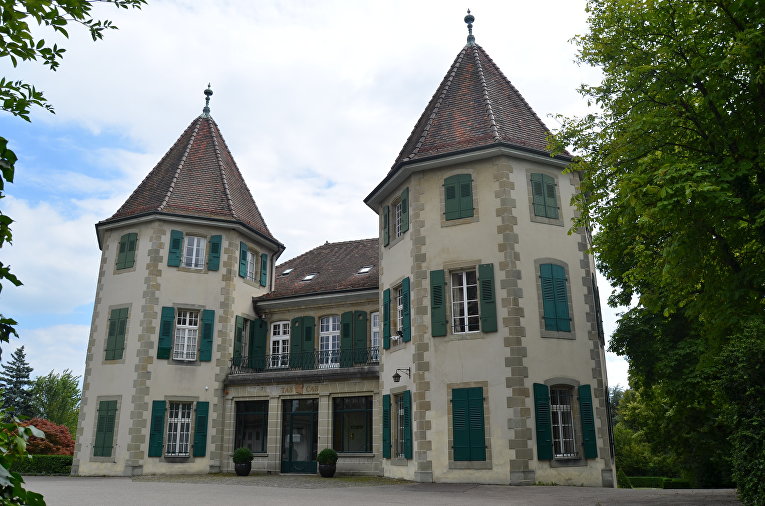MOSCOW, August 18 (RAPSI) – The Court of Arbitration for Sport (CAS) has disqualified Russian triple-jumper Anna Pyatykh for four years after she had been found responsible for violation of anti-doping regulations, the court’s ruling reads on Friday.
According to the court, the athlete’s period of ineligibility began on December 15, 2016. Her results achieved during the 2007 World Championship in Japan and later in 2013-2015 period were nullified and she was obligated to forfeit “any titles, awards, medals, points and prize and appearance money” obtained during those periods.
The court acted as the first-instance decision-making authority after Russian Athletics Federation was suspended by the International Association of Athletics Federation (IAAF).
On February 10, in a similar case, the court disqualified Russian middle-distance runner Mariya Savinova-Farnosova for four years and forfeited part of her trophies, including golden 2012 London Olympic Games medal. The disqualifications of Pyatykh and Savinova are one of the many recent doping scandals surrounding Russian athletes and international sport institutions.
On November 9, 2015, WADA held a press-conference in Geneva where independent commission of the organization accused Russia of numerous anti-doping rules violations. The Commission recommended International Association of Athletics Federations (IAAF) to suspend Russian athletes from participation in competitions under its auspices, including the 2016 Olympics.
IAAF followed the recommendation and suspended the Russian Athletics Federation (ARAF). Subsequently, anti-doping laboratory in Moscow was suspended while RUSADA was declared non-compliant to WADA Codex standards.
On July 21, 2016, the Court of Arbitration for Sport (CAS) dismissed an appeal by Russia's Olympic Committee and 68 Russian athletes against excluding from participation in competitions. Only one Russian athlete, Darya Klishina (long jump) took part in the 2016 Olympics in Rio.
In mid-July 2016, the first part of the so-called McLaren Report was presented by Professor Richard McLaren from Canada acting as an independent person in a probe into alleged state-sponsored cover up and manipulation of the doping control process. At that time, the authors stated that the Russian sport authorities were aware of these facts; moreover, certain officials directly participated in falsifications.
According to the first part of the report, the work of the Moscow anti-doping laboratory was allegedly aimed at protection of Russian athletes taking prohibited substances, whereas the Sochi anti-doping laboratory developed a system of samples swapping during the 2014 Winter Olympics.
The second part of the report, stating that “over 1,000 Russian athletes competing in summer, winter, and Paralympic sports could be identified as being involved in or benefitting from manipulations to conceal positive doping tests”, was released on December 9.



